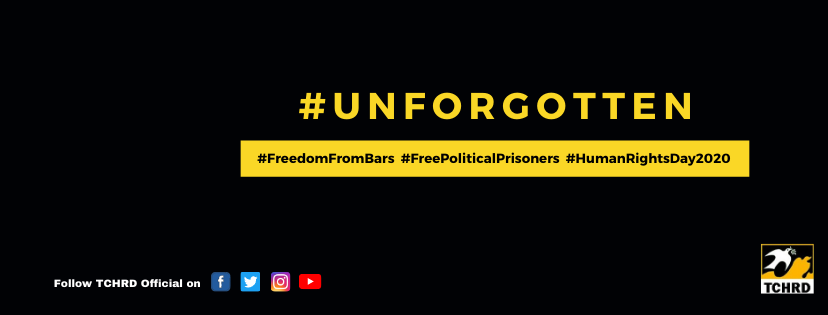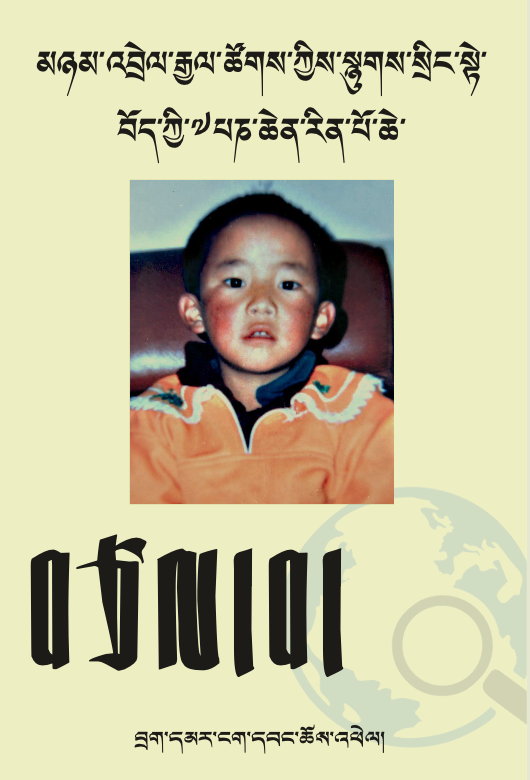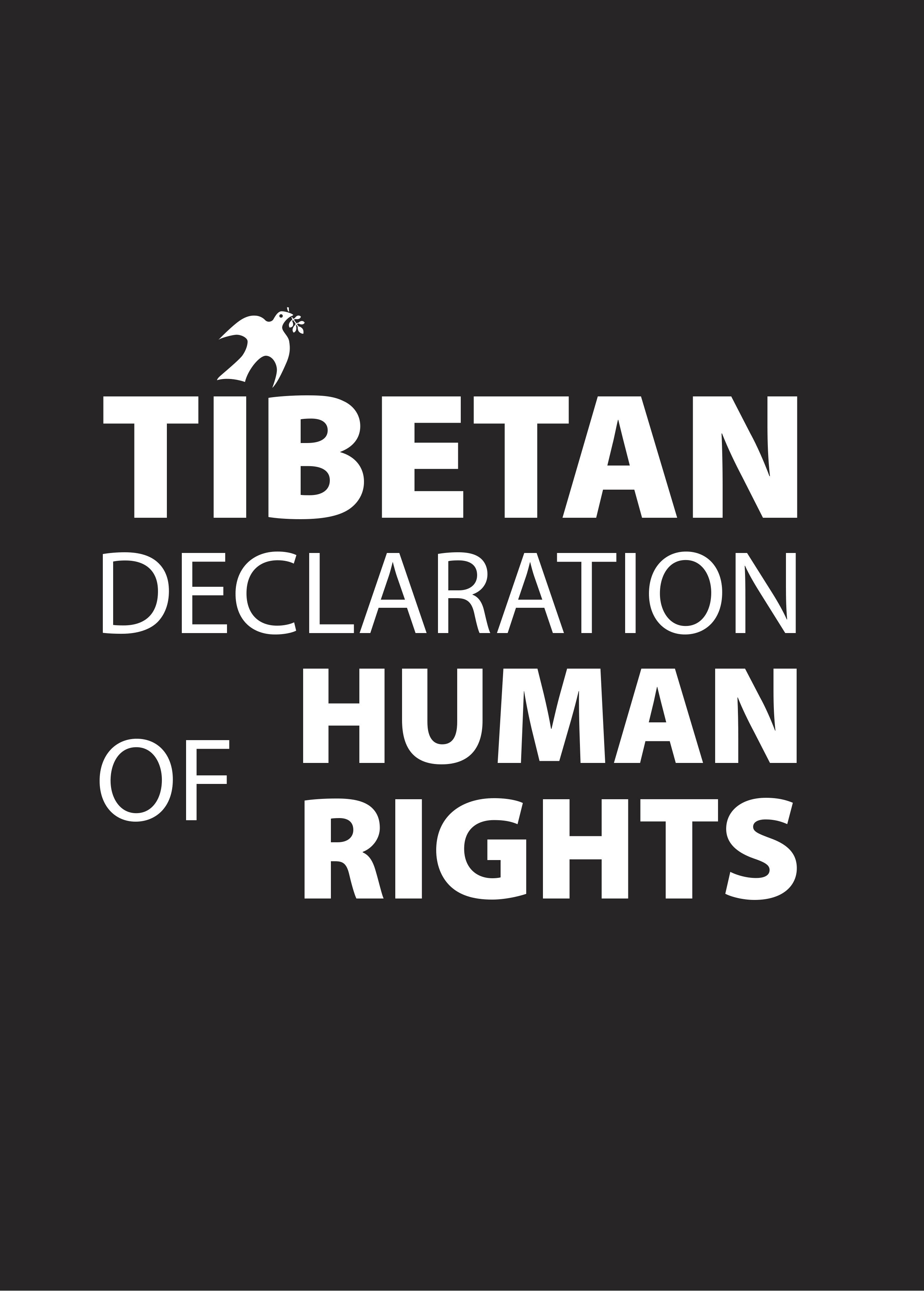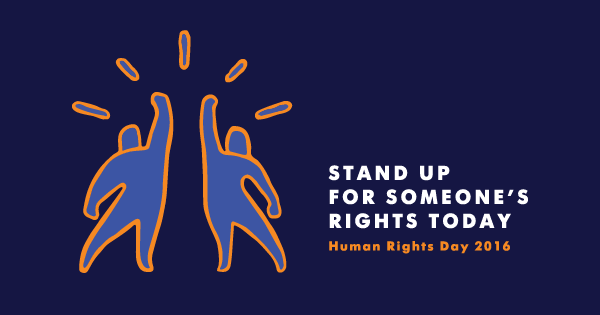Dating back to 1990, the TPPD currently has information on 5500 political prisoners. The database was compiled after reviewing older documents in TCHRD’s archive and crosschecking with other similar databases. The database includes county-level GPS coordinates of each prisoner’s place of origin.









